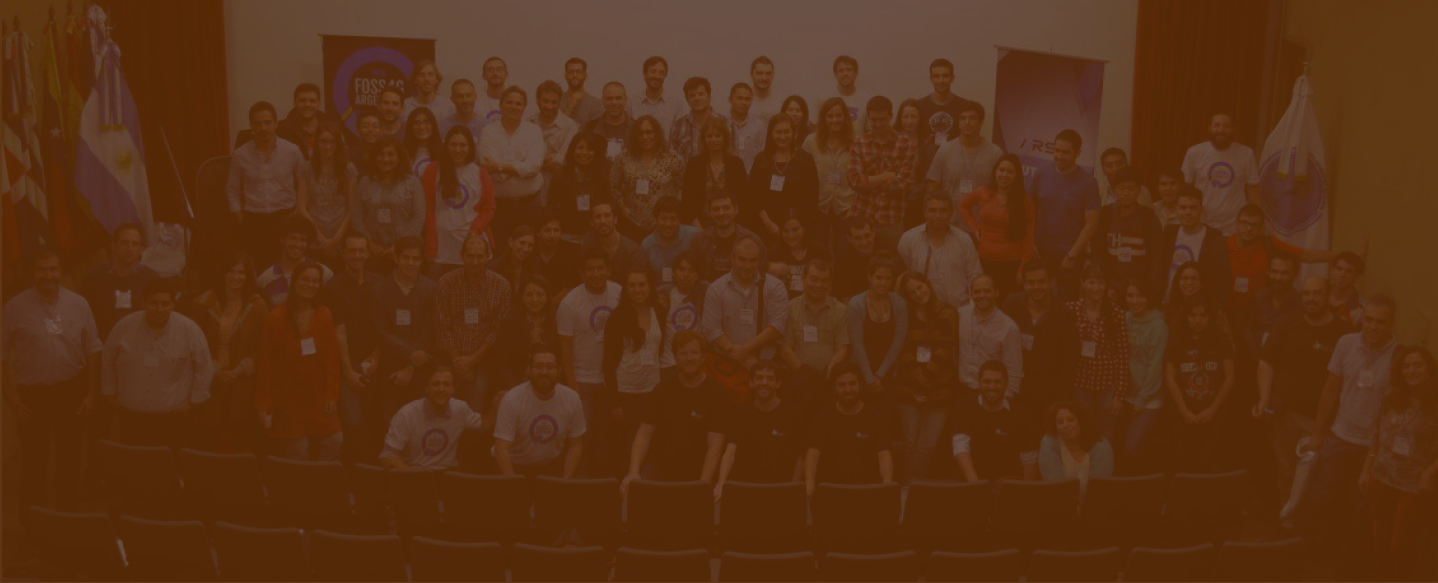2021-09-29, 10:00–10:30, Puerto Madryn
In 2019 Geoscience Australia announced the creation of the ambitious Digital Earth Africa initiative, modelled on the rising success of Digital Earth Australia. The goal of the Digital Earth platforms is to make petabytes of Earth observation data freely available and accessible to inform policy, stimulate economic growth, and build a deeper understanding of our dynamic planet. This talk will describe how we’ve been building DE Africa and why.
The Digital Earth platforms are built on open geospatial data and open source technologies. From the Open Data Cube and the growing library of Python based remote sensing algorithms to TerriaJS, Docker images and infrastructure as code, all our work is shared with the world as reusable, extensible and free open source software.
This talk will delve into how:
• the Open Data Cube works,
• using Xarray and Jupyter Notebooks revolutionised Geoscience Australia’s approach to developing remote sensing applications,
• community movements such as Open Geospatial Consortium standards, Cloud Optimized GeoTIFFs and Spatio Temporal Asset Catalog drive the open architecture behind the Digital Earth platforms,
• how we’ve been using modern technologies and the cloud to handle working with large volumes of data.
Hear the story behind the hype as we explore the past challenges, lessons learned, future opportunities and how you can get involved.
Alex Leith, Geoscience Australia
Track –Use cases & applications
Topic –FOSS4G implementations in strategic application domains: land management, crisis/disaster response, smart cities, population mapping, climate change, ocean and marine monitoring, etc.
Level –1 - Principiants. No required specific knowledge is needed.
Language of the Presentation –English
Alex is a certified spatial professional with extensive experience in software development, DevOps and project management. Alex is a founding Director of OSGeo Oceania and has spent time volunteering for the Surveying and Spatial Sciences Institute, GovHack, GeoRabble and gets paid in stickers to do GeoHipster interviews. When not writing code, or at least talking to people about writing code, he shares care of his three kids and loves a great craft beer. Alex works at Geoscience Australia, leading a team of software developers and data wranglers helping people to more easily access and analyse Earth observation data.


